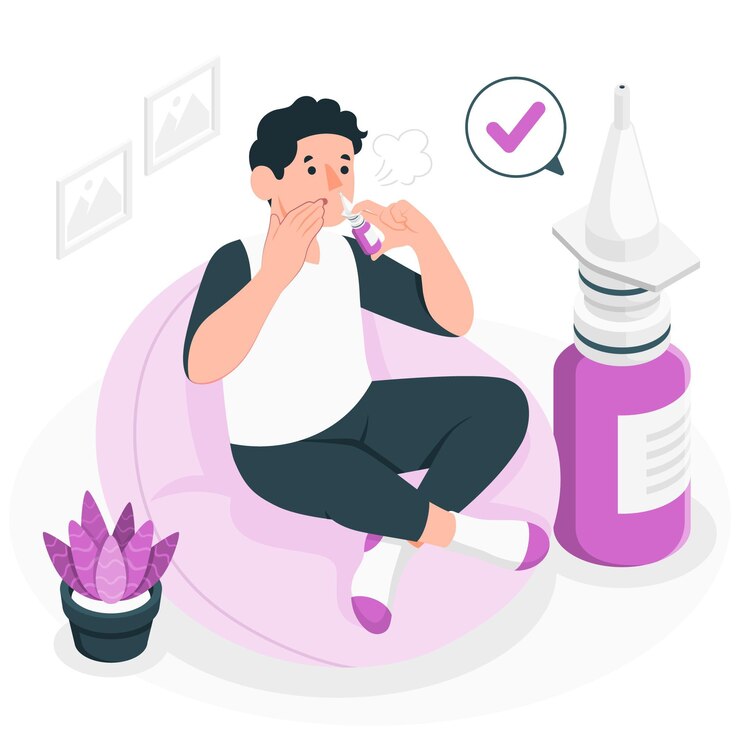
Demystifying Allergies: What They Are and How They Form
Introduction:
Have you ever sneezed around a furry friend or felt itchy after eating certain foods? These might be signs of allergic reactions to common allergens. Allergies are a common but often misunderstood part of the immune system. Let’s explore their causes and how they develop.
What Are Allergies?
In simple terms, allergies are your body’s overreaction to harmless substances. These substances, called allergens, cause your immune system to release antibodies, leading to symptoms like sneezing, itching, or swelling.
Common Types of Allergens
Allergens come in many forms, including:
- Pollen
- Pet dander
- Foods like nuts or shellfish
- Insect stings
- Medications
- Latex
Each person reacts differently to allergens. Identifying triggers is key to managing allergies effectively.
How Do Allergies Develop?
Allergies can develop due to genetic and environmental factors. You may inherit a predisposition from your parents or develop allergies over time with repeated exposure to certain allergens. Environmental factors, like pollution or early childhood exposure to allergens, can also play a role.
The Immune System’s Response
When exposed to an allergen, your body mistakenly treats it as a harmful invader. As a result, your immune system releases chemicals like histamine. This leads to typical allergy symptoms, such as sneezing, itching, or swelling. In severe cases, it can cause anaphylaxis.
Diagnosing and Managing Allergies
To diagnose allergies, doctors may use allergy tests such as skin prick tests or blood tests. Once diagnosed, the goal is to avoid known allergens. You may also need medications, such as antihistamines or epinephrine auto-injectors, to manage severe reactions.
Conclusion
Allergies can impact daily life, but understanding their triggers and symptoms can help with management. By identifying your allergens and taking precautions, you can improve your quality of life and minimize allergy symptoms.
To seek medical advice, always consult a Doctor. Here are our recommended experts. Click here
To read more on SKIN. Click Here


